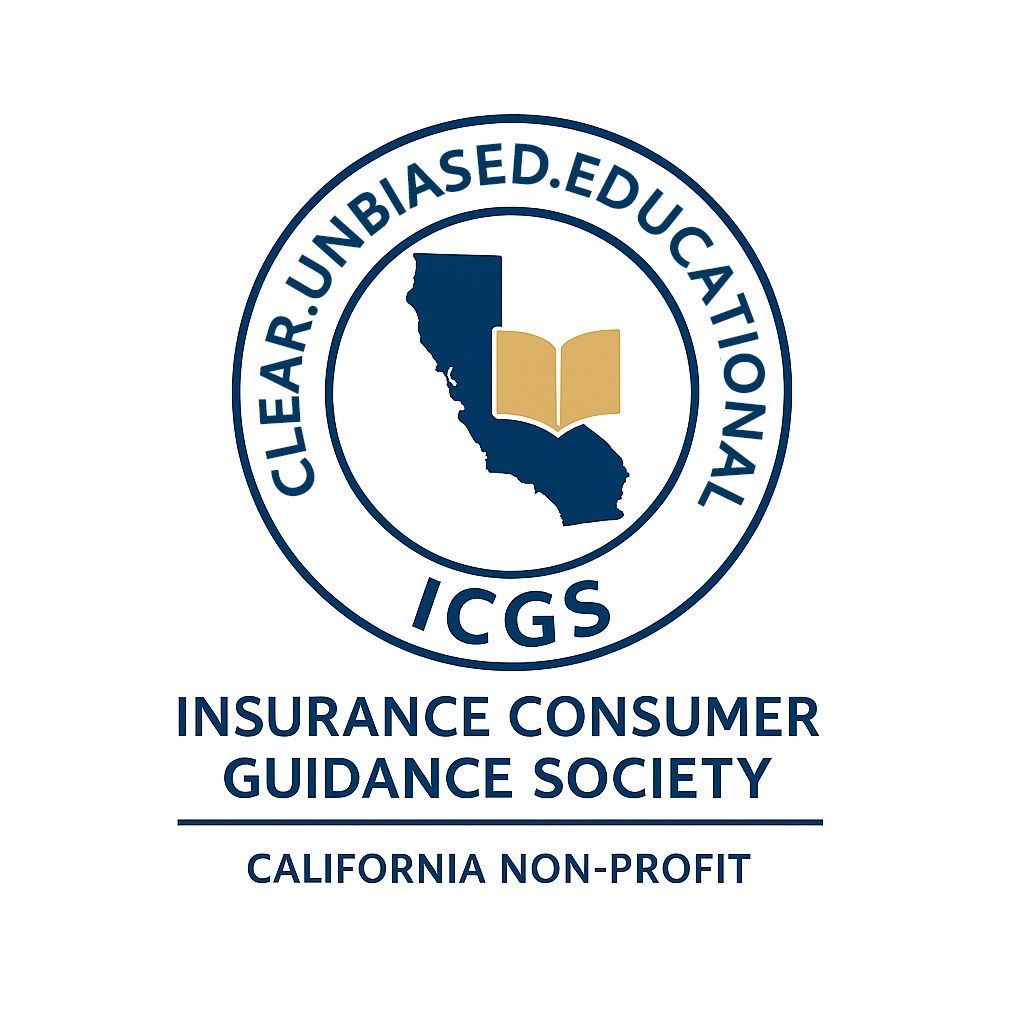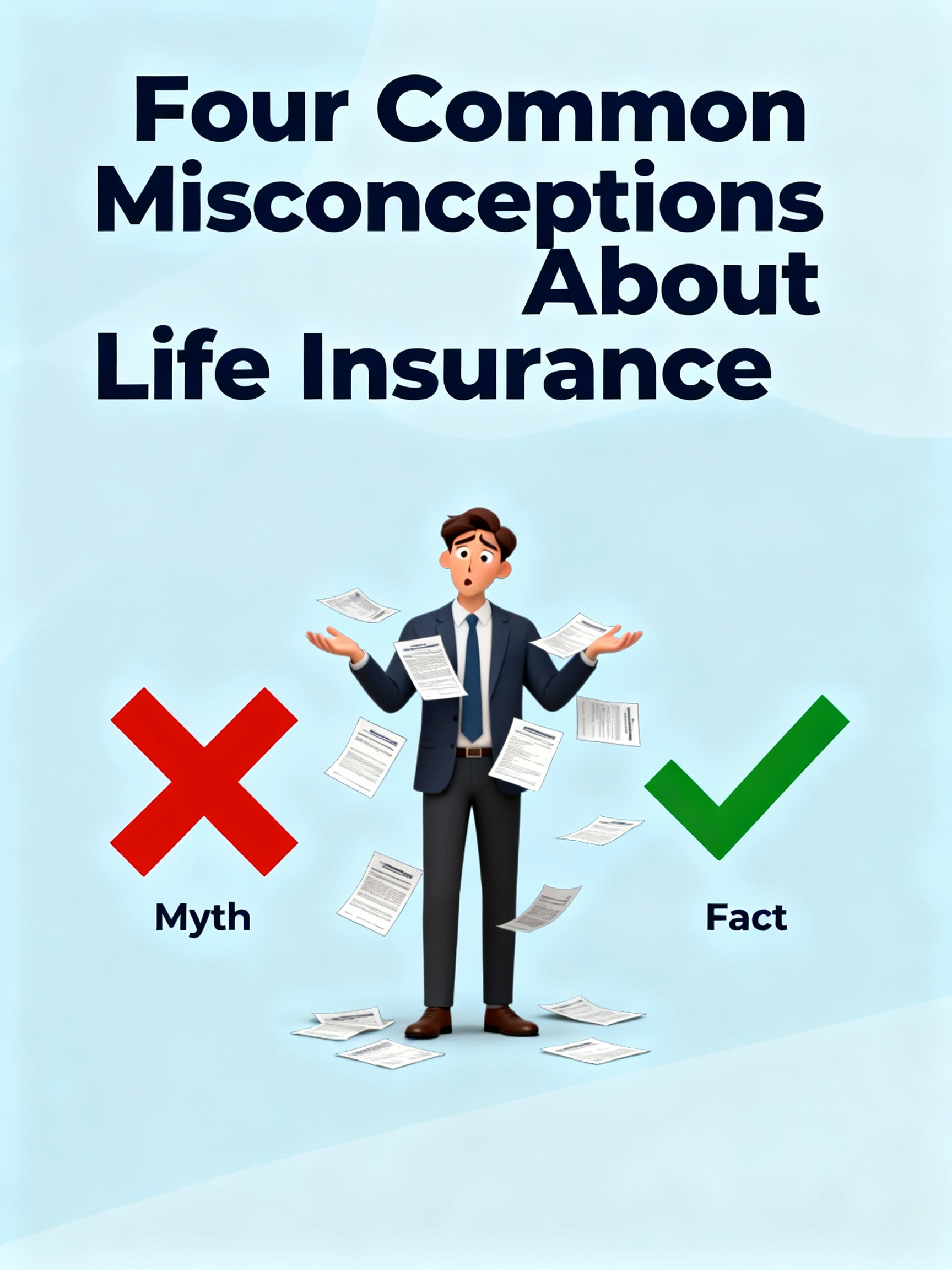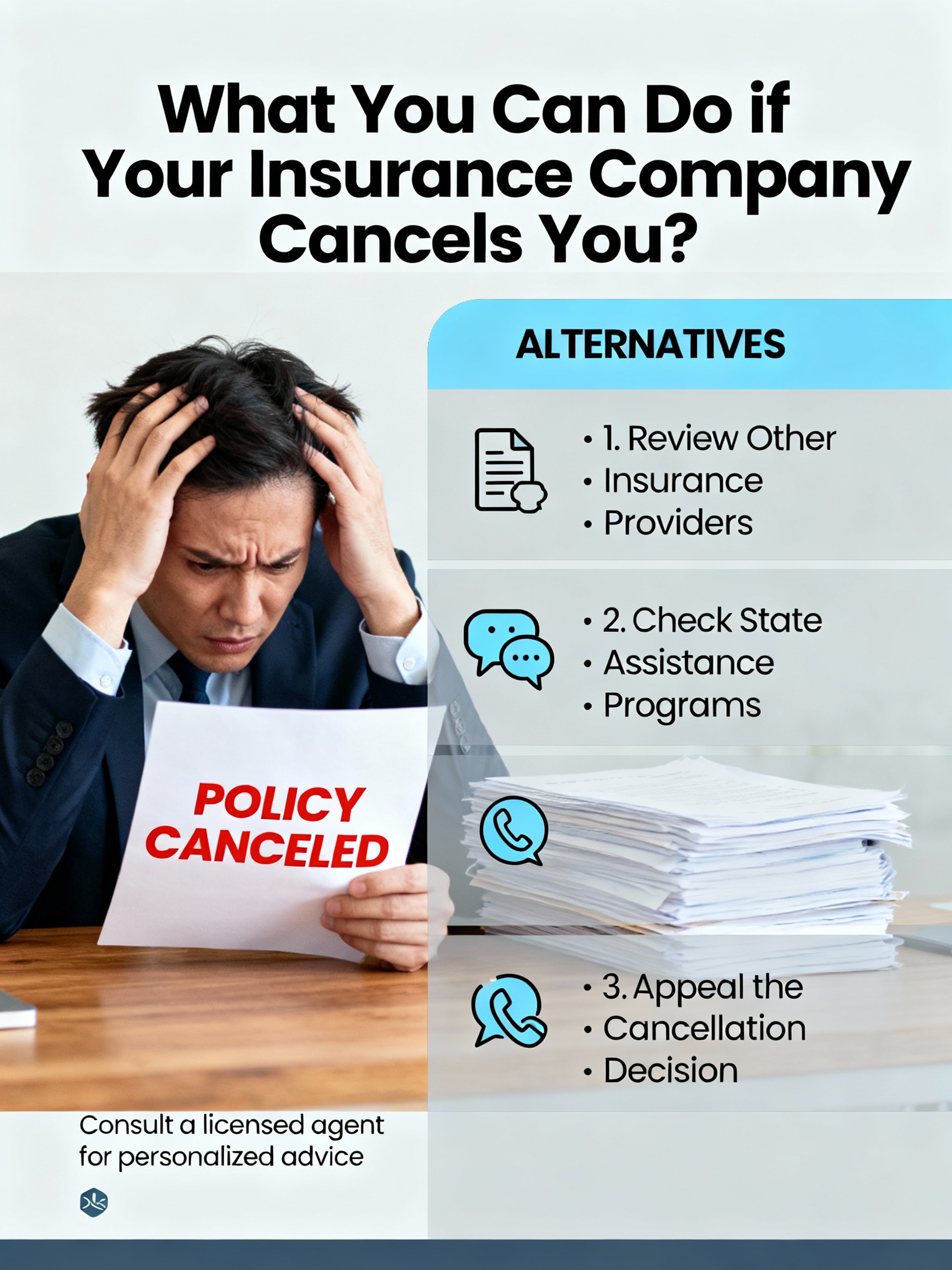Insurance Buying Guide: Agent, Broker, or Direct - Which Is Best for You?
Published Date: 10/18/2025
Buying insurance used to be simple — you called your local agent, filled out a few forms, and got covered.
Today, consumers have more choices than ever: traditional agents, independent brokers, and direct-to-consumer platforms. Each offers its own advantages, but also its own risks.
Whether you’re shopping for auto, home, or business coverage, the way you buy insurance matters just as much as what you buy. The wrong approach could leave you overpaying for coverage you don’t need or missing critical protection when you need it most.
In this guide, we’ll break down the differences between agents, brokers, and direct purchasing — and help you determine which option best fits your goals, comfort level, and financial priorities.
1. The Three Ways to Buy Insurance
When purchasing insurance, you have three primary paths:
- Direct-to-Consumer (Online/Company Direct)
- Insurance Agents (Captive or Exclusive)
- Insurance Brokers (Independent Advisors)
Each method serves the same end — securing coverage — but the experience, expertise, and long-term implications can differ dramatically.
2. Buying Direct: Fast, Convenient, and Digital
The direct-to-consumer model has grown rapidly over the past decade, thanks to technology and the rise of online insurance platforms. Companies like GEICO, Progressive, and Lemonade make it easy to get a quote, customize coverage, and buy a policy in minutes — all from your phone or laptop.
The Pros of Buying Direct
- Speed and convenience: You can compare rates and buy coverage 24/7 without scheduling appointments.
- Lower administrative costs: Direct carriers often pass savings on to customers by cutting out intermediary commissions.
- Digital control: Policyholders can update information, file claims, and track status online.
The Cons of Buying Direct
- No personal guidance: There’s no licensed professional helping you interpret fine print, exclusions, or coverage gaps.
- Limited options: You can only purchase that insurer’s products — no cross-company comparisons.
- Higher risk of underinsurance: Many consumers unknowingly select minimum coverage levels just to lower premiums.
“Online platforms are great if you already know exactly what you need,” explains insurance expert Karl Susman. “But for most people, that’s a dangerous assumption. Insurance contracts are complex — and algorithms can’t explain context.”
Best for:
Tech-savvy consumers with straightforward insurance needs and the confidence to self-manage.
3. Insurance Agents: Company Representatives You Can Trust
An insurance agent is a licensed representative who sells policies on behalf of a specific insurance company. Agents may be:
- Captive (Exclusive) Agents – They represent one carrier only (like State Farm or Farmers).
- Independent Agents – They can represent multiple insurers but still work primarily as producers, not client advocates.
Agents are paid through commissions and sometimes bonuses tied to performance metrics such as sales volume or policy retention.
The Pros of Working with an Agent
- Personal service: You have a dedicated contact who understands your situation and can recommend policy options within their company’s offerings.
- Claims support: Agents can guide you through filing claims and resolving issues with the insurer.
- Bundle savings: Captive agents can often offer multi-policy discounts for combining home, auto, or life insurance.
The Cons of Working with an Agent
- Limited choice: They can only sell what their company offers — even if a competitor provides better coverage or lower rates.
- Potential bias: Their loyalty lies with their employer, not necessarily the policyholder.
- Less flexibility: If rates rise or underwriting changes, you may have to start over with a new company.
“Captive agents are knowledgeable and service-oriented,” says Susman. “But they work for the company, not the consumer. It’s important to remember who writes their paycheck.”
Best for:
Consumers who value personal service, prefer brand-name carriers, and want a long-term relationship with one company.
4. Insurance Brokers: Your Personal Risk Advisor
An insurance broker is an independent professional who works on behalf of you, the consumer, not the insurance company. Brokers are licensed to work with multiple carriers, allowing them to shop across markets for the best combination of price, coverage, and service.
Unlike agents, brokers don’t represent any single insurer — they represent their clients’ interests.
The Pros of Working with a Broker
- Unbiased advice: Brokers are free to recommend products from many companies, not just one.
- Tailored coverage: They analyze your specific risks and customize solutions accordingly.
- Claims advocacy: If disputes arise, your broker can negotiate with the insurer on your behalf.
- Market knowledge: Brokers often have access to niche or specialty carriers unavailable to the general public.
The Cons of Working with a Broker
- Service fees: Some brokers charge small administrative or consultation fees (especially for commercial clients).
- Varied expertise: Quality depends on the individual — always verify licensing and reputation.
- Slightly slower process: Because brokers shop multiple carriers, quotes may take longer to finalize.
“A good broker is like a financial planner for your insurance,” Susman explains. “They help you balance risk and cost, and they’re accountable to you — not the company.”
Best for:
Homeowners, business owners, or anyone with complex insurance needs who values independence and advocacy.
5. Comparing the Three: Which Path Fits You Best?
Factor Direct (Online) Agent (Captive) Broker (Independent) Who They Represent The insurer The insurer You, the consumer Choice of Carriers One One (or a few) Many Personal Advice Limited Moderate High Speed Fast Moderate Moderate Claims Support Self-managed Guided by company Advocate for you Cost Transparency High (fixed rates) Moderate Moderate Best For Simple needs, low-touch buyers Loyal brand customers Complex needs, value-seekers
6. How to Decide Which Option Is Right for You
Choosing between direct, agent, or broker purchasing depends on your knowledge, comfort level, and risk tolerance. Here’s how to evaluate your situation:
Ask Yourself:
- Do I understand my coverage needs and policy language?
- If yes → Direct may work.
- If no → Agent or broker is safer.
2. Do I want personal service or full control online?
- Prefer human support → Agent or broker.
- Prefer self-service → Direct.
3. Is my situation complex (multiple properties, business exposure, high-value assets)?
- Yes → Work with a broker.
- No → Direct or agent could suffice.
4. How important is flexibility over time?
- If you want long-term options as your needs evolve, a broker gives you the most independence.
7. The Role of Technology in the Modern Insurance Process
Technology has blurred the lines between all three models. Many brokers and agents now offer online quoting tools, and direct carriers increasingly provide hybrid service with live chat or virtual advisors.
“The future of insurance isn’t human or digital,” says Susman. “It’s human and digital — smart technology combined with real expertise.”
Consumers should look for hybrid models that balance speed and guidance — for example, independent brokerages offering online quoting backed by licensed professionals who review each policy for accuracy.
This approach combines convenience with confidence — ensuring that the savings you see online don’t come at the expense of coverage gaps.
8. Common Mistakes When Buying Insurance
Regardless of how you buy, certain mistakes can cost you:
- Focusing only on price: A low premium doesn’t mean good value if it excludes critical coverage.
- Failing to update policies: Life changes like renovations, new cars, or home-based businesses may leave you underinsured.
- Ignoring deductibles: Lower premiums often come with higher deductibles — be sure you can afford them.
- Not reviewing renewals: Rates and coverage terms can change annually. Always review before you renew.
“People shop for insurance once and forget about it,” Susman notes. “But your life changes — your coverage should too.”
9. What to Look for in a Trusted Insurance Professional
If you decide to work with an agent or broker, vet them carefully:
- Verify their state license through your Department of Insurance.
- Ask how they’re compensated — commission, fee, or both.
- Request references or reviews.
- Look for ongoing education and designations (CIC, CPCU, CLU).
A good insurance professional won’t just sell you a policy — they’ll educate you, advocate for you, and help you plan for long-term financial protection.
Final Thoughts
There’s no one-size-fits-all answer when it comes to buying insurance. Direct, agent, and broker models all serve different needs — but the best choice depends on your priorities: convenience, cost, expertise, or advocacy.
The key is to understand the trade-offs before committing.
As Karl Susman puts it:
“You can buy insurance anywhere — but good advice is priceless. The right guide doesn’t just sell coverage; they protect your peace of mind.”
So before you click “buy now” or sign that renewal, take a moment to consider how you’re buying — not just what you’re buying. Your future self will thank you.
Author






